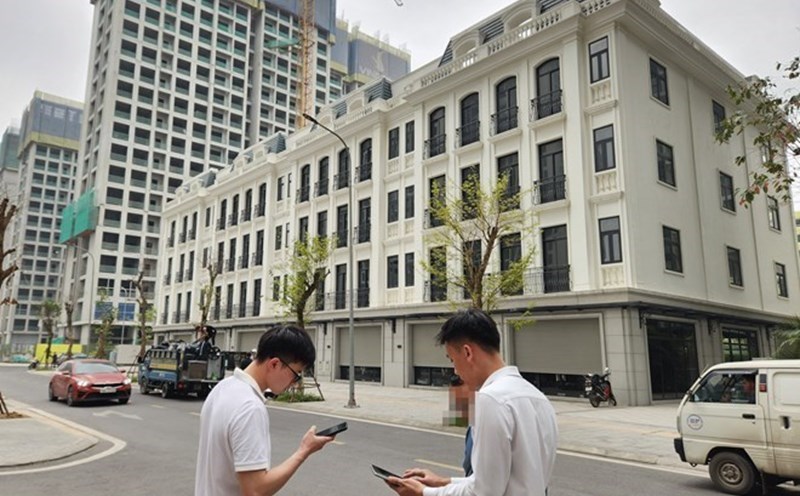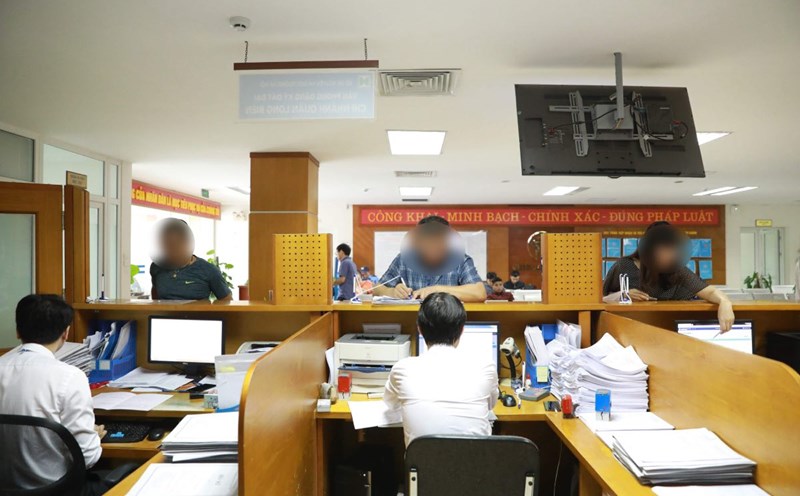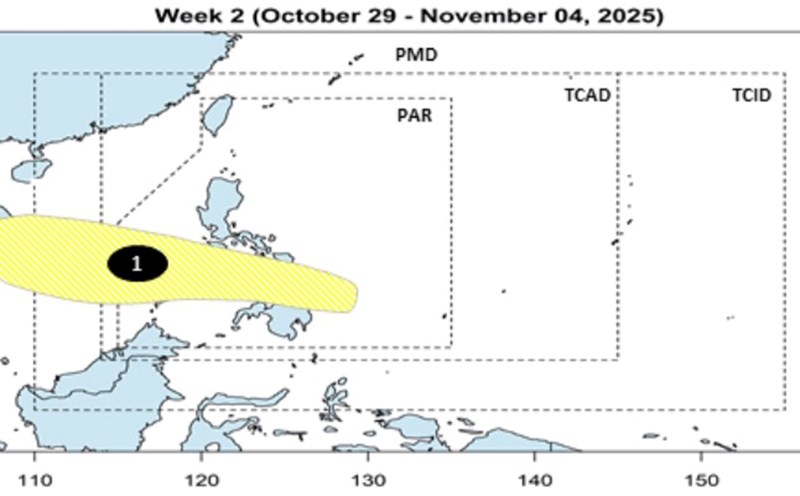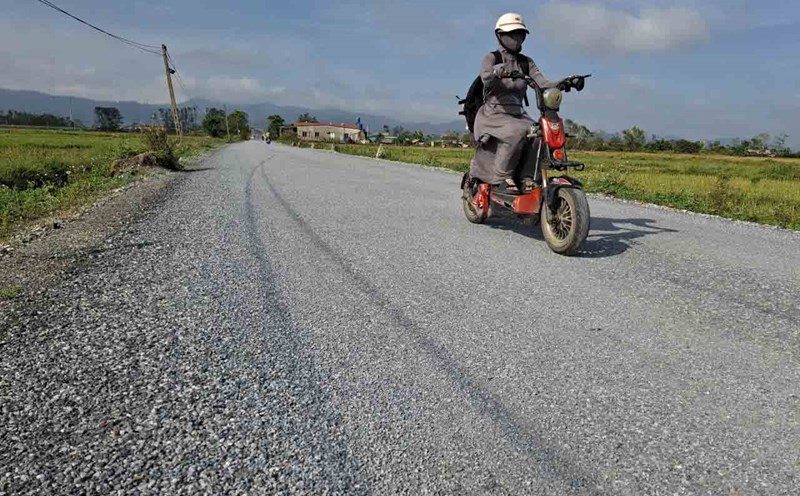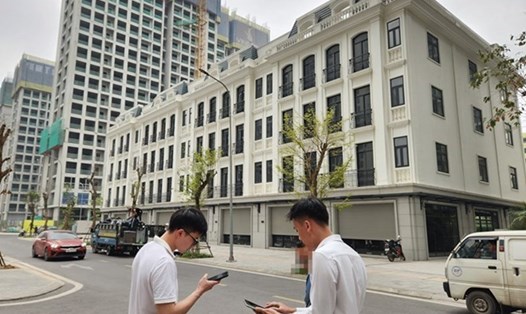As reported by Lao Dong Newspaper, the State Bank of Vietnam, Region 2 branch, recently sent a document to commercial banks in Ho Chi Minh City and Dong Nai, requesting banks to temporarily suspend lending to pay deposits according to the Agreement Document until there is an official conclusion from the competent authority.
In addition to requiring customers to temporarily suspend loans to pay deposits according to the agreement, the State Bank of Vietnam, Region 2 branch, also requires commercial banks to closely monitor the handling and conclusions of competent authorities for the agreement (or similar form) signed between customers and real estate consultants and brokers (real estate) to propose timely and compelling solutions to resolve disputes with customers in accordance with legal regulations.
Banks that are issuing loans to pay deposits according to agreements in agreement documents (or similar forms) proactively work with customers, coordinate with consulting units, brokers, and project investors to negotiate and resolve on the basis of protecting the legitimate rights and interests of customers.
Based on reality, the People's Court of Ho Chi Minh City Region 7 has just tried and issued a verdict (not yet legally valid due to appeal) on a credit contract dispute between a bank and a project borrower. In particular, the Trial Council determined that the content of the agreement on deposit, deposit progress, deposit duration, deposit payment method, and deposit handling in the agreement document was contrary to the law. Therefore, the agreement was invalidated due to violations of the prohibition (stipulated in Articles 117 and 123) of the 2015 Civil Code.
In addition, recently, the Ho Chi Minh City Department of Construction also issued a document requesting real estate businesses and real estate projects in the area not to authorize other organizations and individuals to sign deposit, purchase, sale, transfer, lease-purchase contracts for houses, construction works... when the real estates are not eligible for trading.
Thus, in the case where the agreements are contrary to legal regulations and are declared invalid, commercial banks are likely to face great legal risks, dispute risks, and complaints and will have difficulty in debt collection and property handling.
According to experts, if banks " tighten" lending, many investors will struggle to solve financial problems. Currently, most investors authorize a third party, a brokerage company, to collect money from customers. Some investors often "not caught red-handed" and illegally raise capital even though they do not meet the conditions.
Due to not being eligible to open for sale, brokerage companies often "circumvent the law" by signing agreement documents with customers or signing equivalent documents. Even some projects do not have a 1/500 plan but still open for sale or combine with lending banks, which is not in accordance with regulations.
If the bank lends in this case, it will be very risky, because this deposit contract is illegal. According to the Law on Real Estate Business, projects that are not eligible to sell future housing will not be able to raise capital from home buyers. Only when the project is eligible to sell the house and the local construction management agency notifies that it is eligible to sell the house will capital from the home buyer through the home sale and purchase contract be mobilized.
Lawyer Nguyen Dang Tu, Ho Chi Minh City Bar Association, commented that banks tightening lending for real estate purchase deposits through agreement documents is to protect investors and people against virtual projects. Legal risks and financial risks in real estate projects are currently huge. If you are not vigilant, the consequences will be unpredictable.



